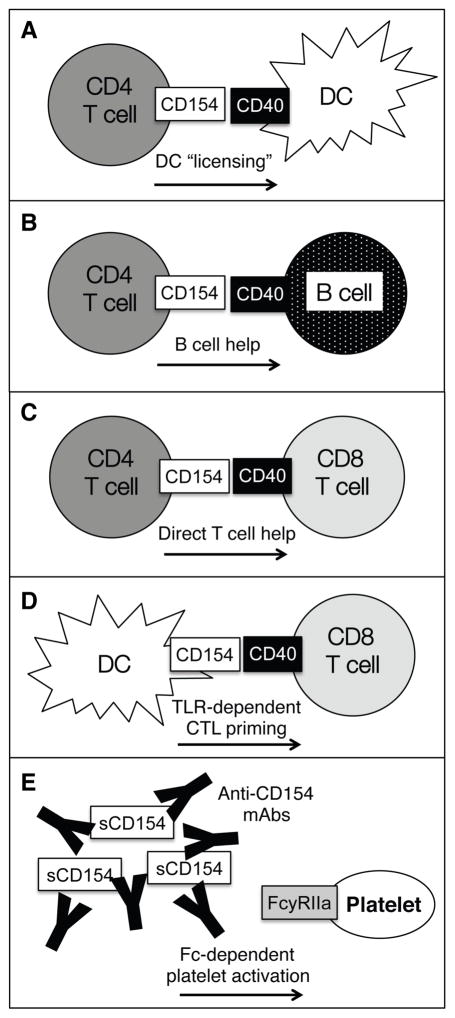Figure 1. Complexities of CD40-CD154 Interactions in the Immune System.
The TNF-family member CD40 and its ligand, CD40L (CD154), are expressed by a wide variety of cell types and the signaling induced by this binding leads to a range of potent immunostimulatory events. (A) Activated CD4+ T cells upregulate CD154, which binds to the CD40 expressed by dendritic cells. This leads to DC activation, which includes the production of proinflammatory cytokines such as IL-12. (B) CD4+ T cells and B cells undergo linked recognition, wherein T cells recognize their cognate peptide:MHC Class II complex expressed by B cells. T cells then provide costimulatory signals through B cell-expressed CD40, and this “T cell help” is critical for generating effective humoral responses. (C) CD4+ T cell-expressed CD154 can also provide direct help to CD8+ T cells through CD40, which has been suggested to play a role in the formation of CD8+ T cell memory. (D) CD154 is also inducibly expressed on DC following toll-like receptor ligation, and the interaction with CD40 expressed on CD8+ T cells can help generate potent pathogen-reactive CD8+ T cell responses. (E) A hypothesis for anti-CD154-associated thromboembolic complications centers on the expression of the activating Fc receptor FcγRIIa on human platelets, which can be crosslinked by immune complexes of soluble CD154 and anti-CD154 antibodies, leading to further platelet activation and undesired clotting events.

